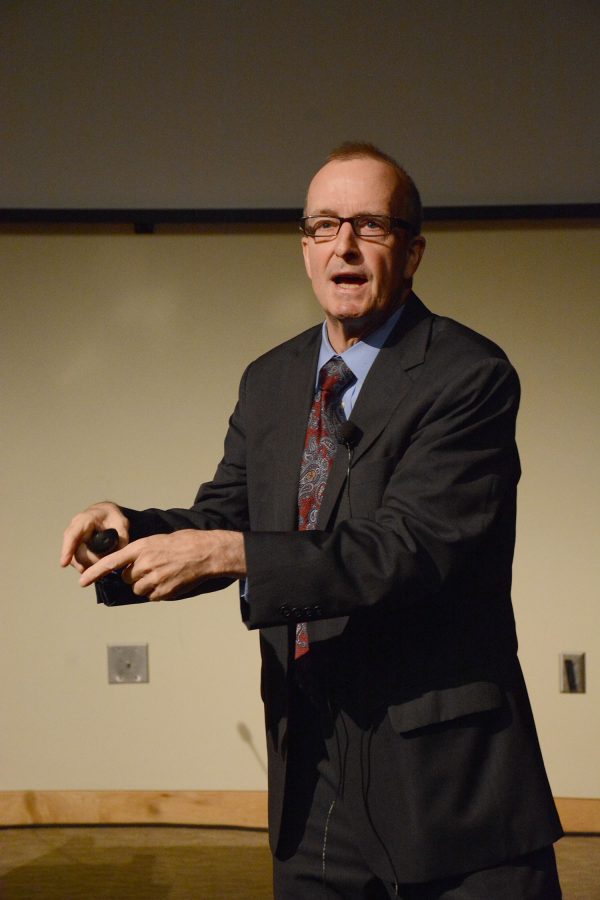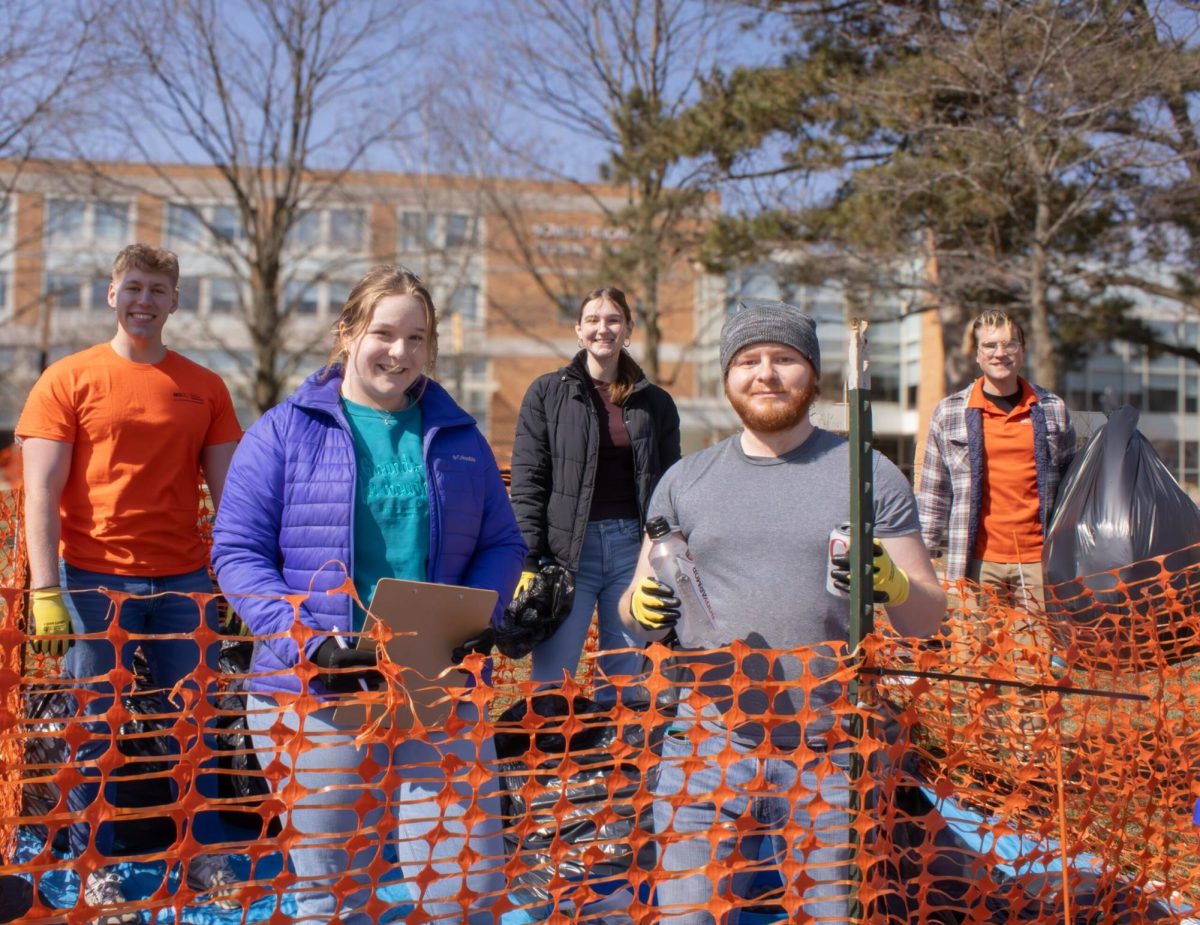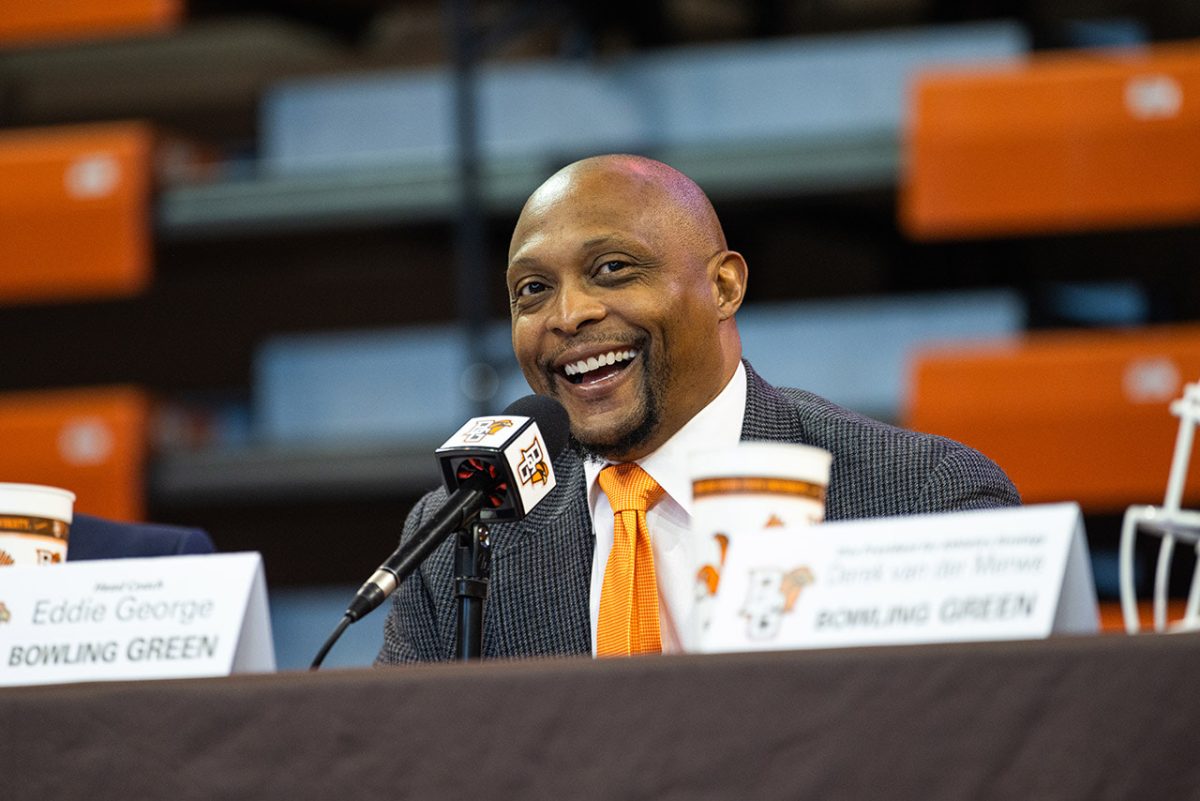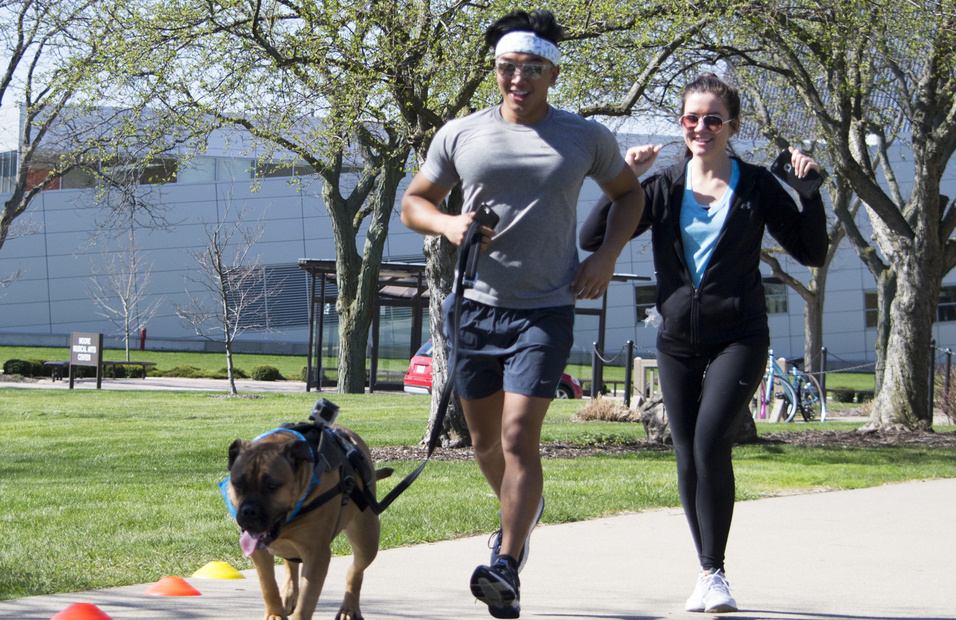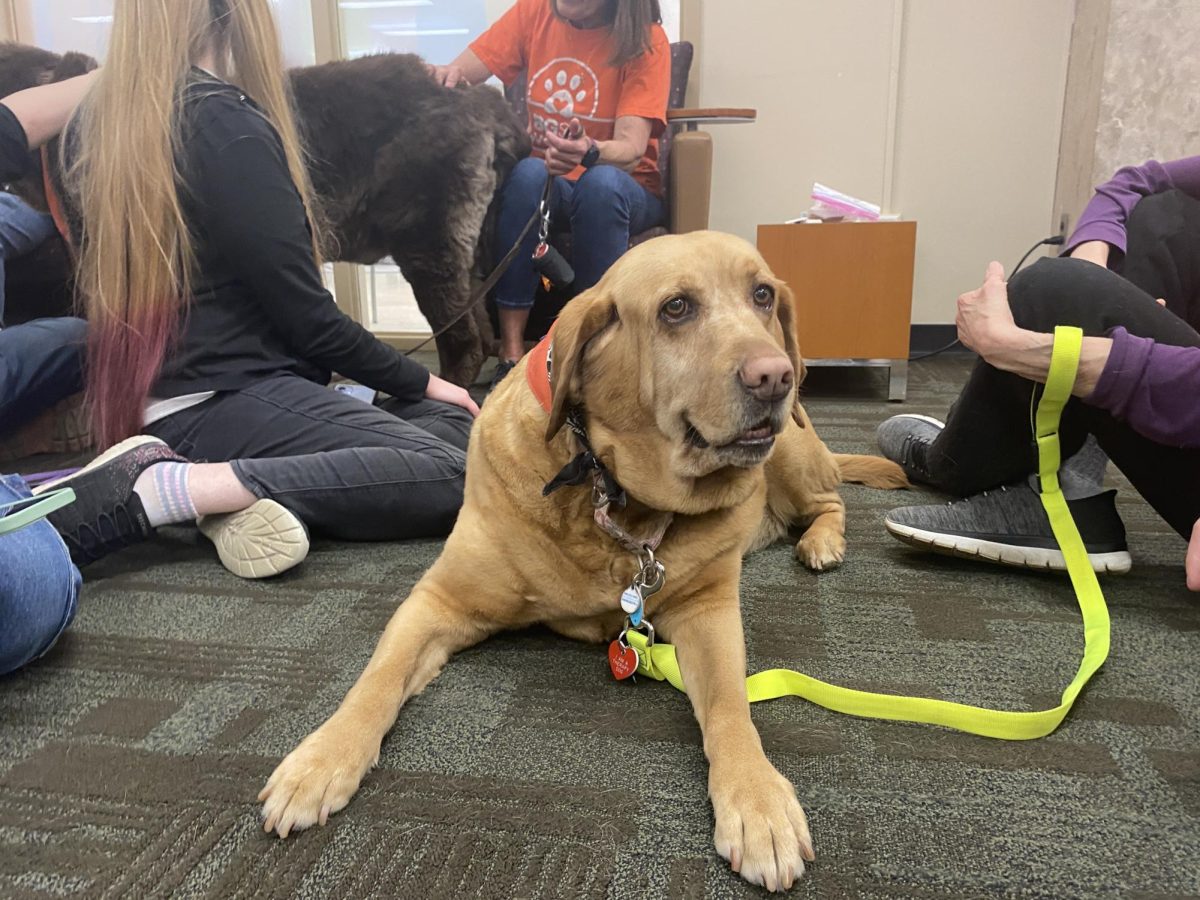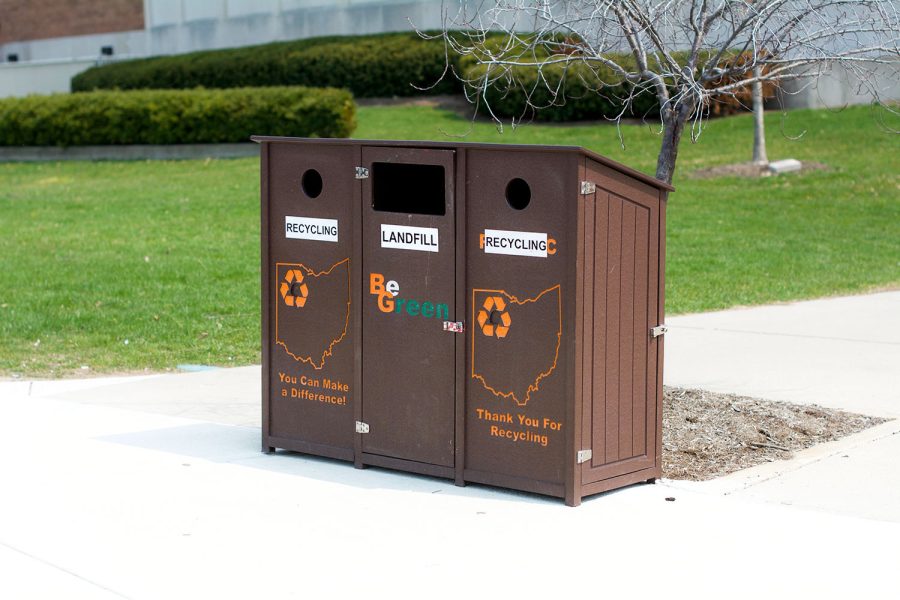Patrick Love, a new addition to the University’s higher education and student affairs department, spoke Nov. 17 about the challenges facing student affairs workers and strategies to face them.
The executive in residence spoke in front of a crowd of students and staff members at the student union theater 10:30 that morning, covering problem-solving approaches in addition to explaining how certain skills in student affairs make work easier.
In an interview after the speech, Love said he was first attracted to jobs in student affairs when he found out they existed during his undergraduate studies at the State University of New York at Albany while working as a resident assistant in a dorm there. He would later earn a master’s degree in counseling, psychology and student development to help him get such a job.
Love, who now holds a doctorate in higher education and student affairs, first asked those in attendance, “What are the core competencies in student affairs?” He posed the question as he brought up other credentials discussing issues of the field, saying he helped build a document in 2010 for the American College Personnel Association about competencies and later wrote a book about preparing oneself for applying for student affairs positions.
These credentials, skills included being able to accept situations, could be approached by different people in wildly different ways, and that choices were not always answered by “either, or” questions. To illustrate this, he showed a picture of an animal that could be seen as either a duck or a rabbit, depending on a person’s view, saying problems in student affairs could be equally decided by perspective.
He added, “Is (the problem) out there, or is it in here?” while pointing to his head to cap this point.
Other competencies included being able to shape one’s future by “forecasting” it and thinking about projects in terms of design, especially ones that account for much failure. He said these skills needed great amounts of personal patience, as “It’s fail, fail, fail, fail until you win,” when working to make a project come to fruition.
One competency he talked about at length was that of “system thinking,” or viewing human issues as results of operative bodies like forests or the body’s digestive system. The advice he gave specifically for this competency was to employ something similar to the sailing method of “trim tabbing,” using the power of the ocean to steer a ship instead of just the rudder to save energy. One real-life example he gave of trim tabbing was joining a subcommittee related to an issue of concern instead of merely talking to it to generate change.
Love also talked about the difference between simple, complicated and complex approaches to problem-solving during the speech. He said that many people new to the field will attempt to make complex matters, in which other outcomes affect different outcomes and causes, and vice versa, into linear complicated or simple issues. He said such an attitude just makes addressing those issues more difficult.
Love said various issues in student affairs worried him, saying mental issues and anxiety and depression complications were ones he had to face with the greatest frequency. He added that building “inclusive, welcoming communities” was of great importance to him, as he had recently seen influxes of concerns from international and minority students following political developments of the past year.
However, Love said he was still content with his position, as he appreciates his connections with students. He said “regularly working with students,” was the most rewarding aspect of his job.
Though he only joined the University this semester, he said he considers the program for student affairs here to be one of the top five in the nation. “I feel privileged to be here at Bowling Green,” he said.


